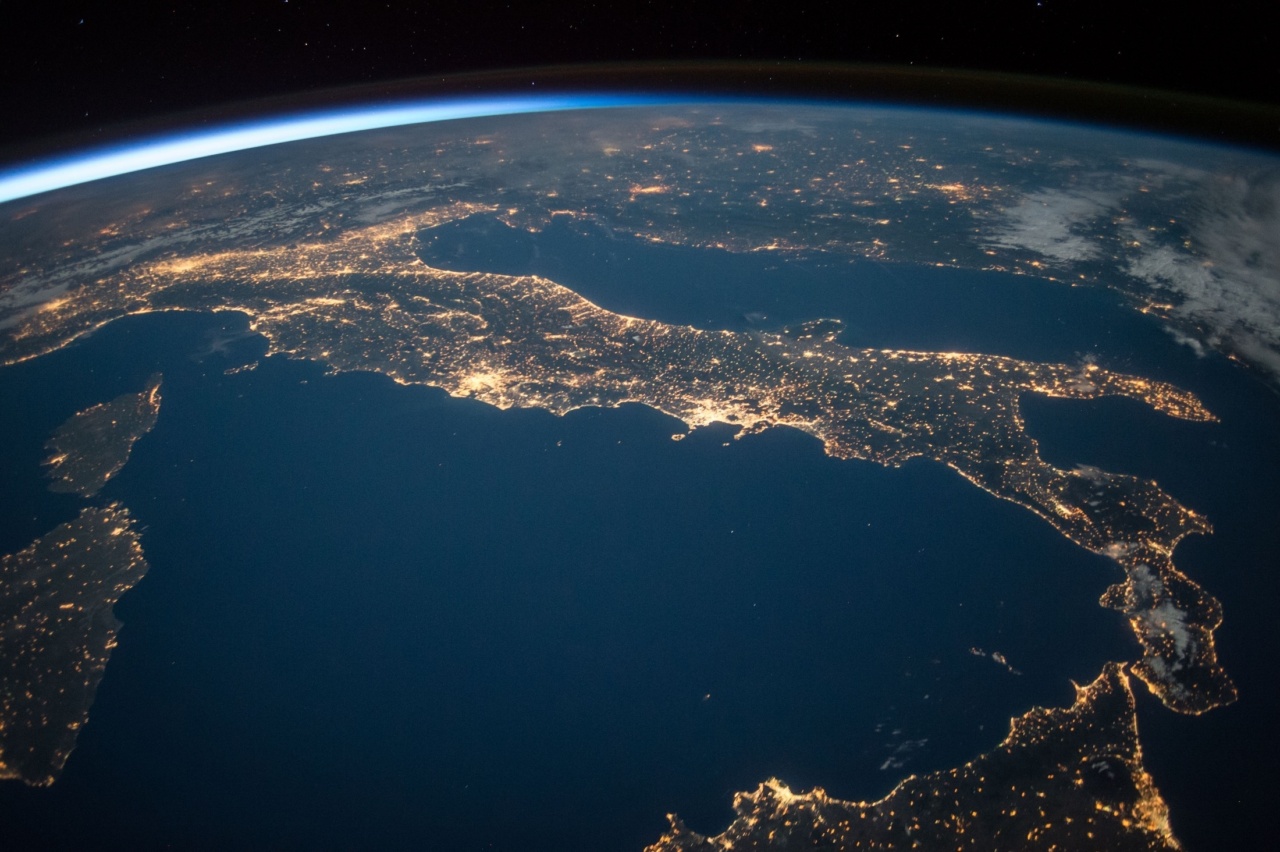The vastness of space has always been a thing of wonder and amazement to us humans. We have always been fascinated with the possibility of life in other planets, of space travel and exploration, and of what other mysteries the universe may hold.
The idea of intergalactic travel, however daunting it may seem, has always been a dream of scientists and explorers. This quest for knowledge has driven many individuals and nations to explore the furthest reaches of space, to push the boundaries of what is possible, and to fulfill our intergalactic desires.
The History of Space Exploration
Space exploration has been an ongoing journey for humanity. It all started with a Russian satellite called Sputnik 1 which was launched in 1957.
This achievement opened up the doors for space exploration and kickstarted the space race between the United States and the Soviet Union. In the years that followed, both nations achieved a number of milestones including sending the first man to space, orbiting the earth, landing on the moon, and much more.
The Impact of Space Exploration
Space exploration has had a profound impact on humanity and the world as we know it. The research and technology developed for space exploration have resulted in many advancements in fields such as medicine, communications, transportation, and more.
Space exploration has also brought about a greater understanding and appreciation of the universe, and our place in it. It has spurred a deeper appreciation and protection of our planet, and a desire to discover more about our universe and the possibilities it holds.
Challenges of Intergalactic Travel
The idea of intergalactic travel may seem exciting, but it also comes with a number of challenges. One of the biggest challenges is the sheer distance between planets and galaxies.
At present, our technology is only capable of traveling within our own solar system. Another challenge is the impact of long-duration space travel on the human body. There are also concerns about the impact of space travel on the environment, and the potential for introducing harmful bacteria or other life forms to other planets.
The Future of Intergalactic Travel
Despite the challenges, scientists and experts believe that intergalactic travel is not only possible, but also inevitable.
In recent years, there has been a growing interest in space exploration and a renewed focus on developing technologies that will enable us to travel further and faster in space. Research is being conducted on developing new propulsion systems, better life support systems, and ways to protect against the harsh conditions of deep space.
The Search for Extraterrestrial Life
One of the greatest intergalactic desires is the search for extraterrestrial life. The possibility of discovering life beyond our own planet has always been a topic of fascination for scientists and enthusiasts alike.
Over the years, many missions have been undertaken to explore planets and moons within our own solar system. These missions have yielded important data and insights into the potential for life beyond Earth.
The Future of Exploration
In the coming years, we can expect to see more missions and developments in space exploration. The goal of these missions would be to explore the possibilities of intergalactic travel, and to continue the search for life beyond our own planet.
In addition to these scientific goals, space exploration also presents an opportunity for international collaboration and cooperation, bringing together nations and peoples from all over the world.
Conclusion
Our intergalactic desires are an expression of our drive to explore and understand the universe around us. While the journey towards intergalactic travel may be long and challenging, the potential gains are limitless.
Space exploration has brought about significant advancements in science and technology, and has given us a greater understanding and appreciation of our place in the universe. The future looks bright for space exploration, and we can expect many exciting discoveries and developments in the years to come.


























